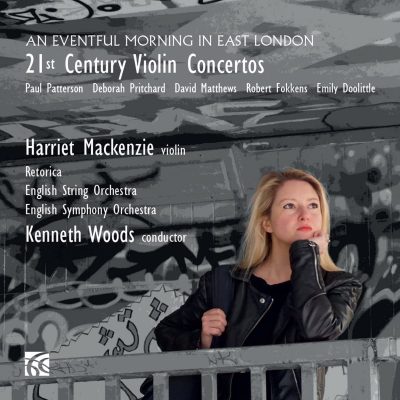Another rave review for “An Eventful Morning in East London: 21st C Violin Concertos” with Harriet Mackenzie n Nimbus Records, this time from Nigel Harris at MusicWeb International.
“… together, their contributions are a valuable conspectus of concertante works for violin composed here since the turn of the millennium; and they all share a mixture of craftsmanship, approachability and ready expressiveness that makes the listener feel decidedly encouraged about the current state of contemporary music.”
“Those interpreters are consistently superb. Mackenzie’s playing is virtuosic and assured, and she very obviously believes in these pieces and their ability to communicate powerfully to modern audiences. Kenneth Woods, conductor’s accompaniments similarly combine commitment and polish, and the recording quality is vivid. All in all, this entirely excellent issue deserves to attract many listeners, and one hopes very much that it will do so.”
“Rob Fokkens’s music is, if anything, still greater…with a markedly original slow section for violin in alt…accompanied by a variety of most interesting colours in the percussion section. This latter feature, along with some of Fokkens’s later woodwind writing, is particularly effective…
“I was unaware of the precise operatic inspirations of Allusions until after I had heard it – though the repeated echoes of the overture to Figaro in its third movement are immediately obvious. Nevertheless I found that the piece worked very well simply as a double violin concerto in the broad tradition of English music for strings… in Patterson’s music also, things are not always what they initially seem.”
“The two remaining works on the disc are both winningly beautiful. David Matthews (composer)’s Romanza is described by Mackenzie as “Mahlerian”, and that is true… Emily Doolittle ’s falling still, meanwhile, recalls Vaughan Williams’s Lark Ascending in using the solo violin to reflect the patterns of bird song, here set against the lower orchestral strings’ representation of “cyclical, inanimate sounds like wind, rain, or waves”…it is an arresting, economical and richly imaginative work of some profundity. It is also a very good piece with which to end the disc, not least because its conclusion comes across as provisional and unexpected – thereby reflecting the listener’s own sense of wanting to hear more, both of these composers and of their interpreters”

